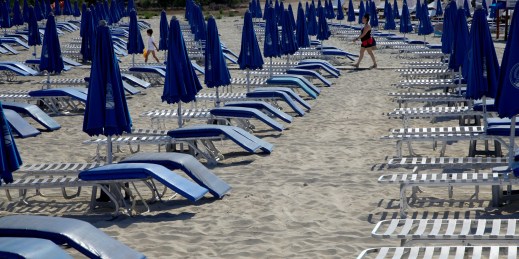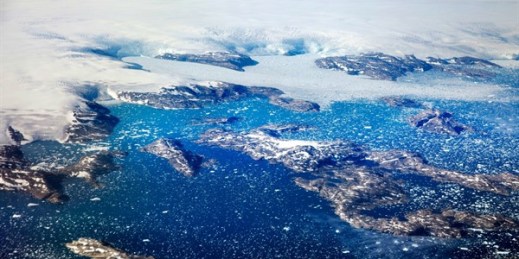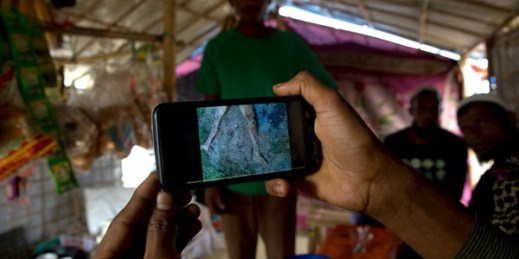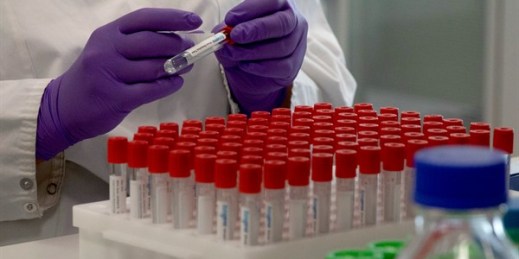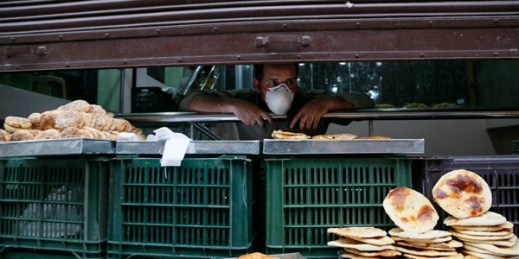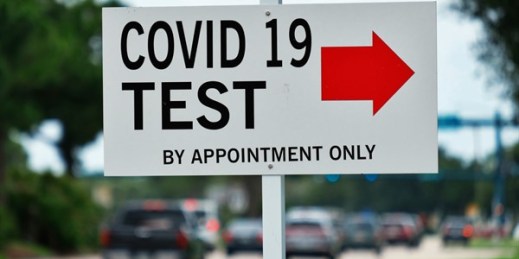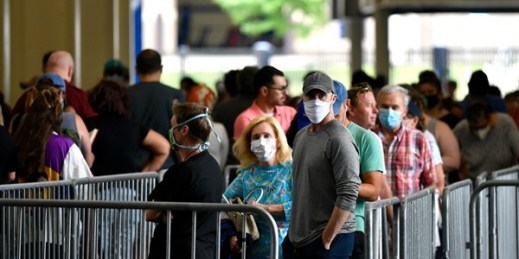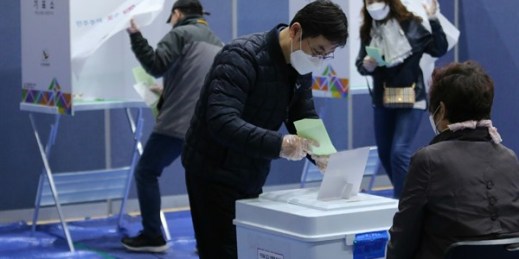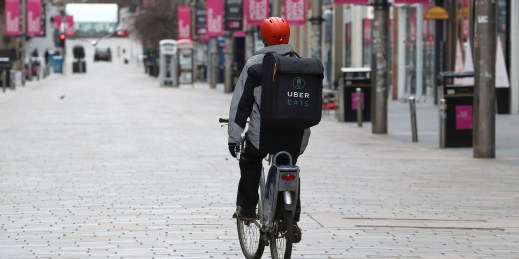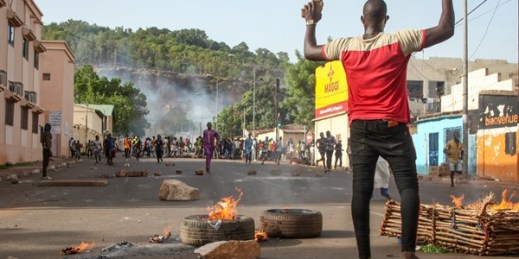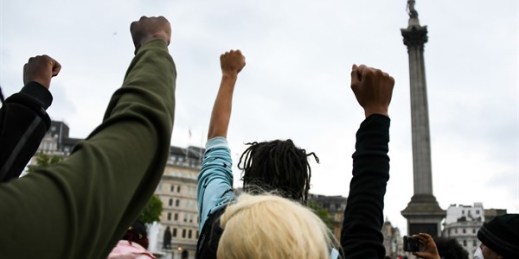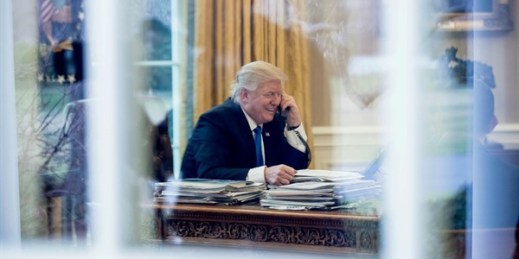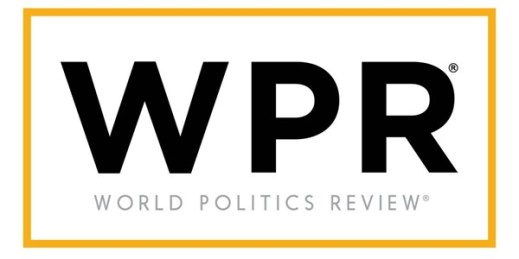
World Politics Review is looking for a freelance writer to contribute the lead story to our weekly China newsletter, China Note. In 600-750 words, the lead story usually highlights a major news development from China, but can also look at other aspects of Chinese politics and society that may not be covered as widely in Western media. In recent weeks, China Note has focused on China’s ongoing military build-up; Chinese censorship on Zoom; the Indian border standoff; and the U.S.-China “tech war.” China Note is published every Wednesday. Its full archive is here. The ideal candidate is a journalist or […]

